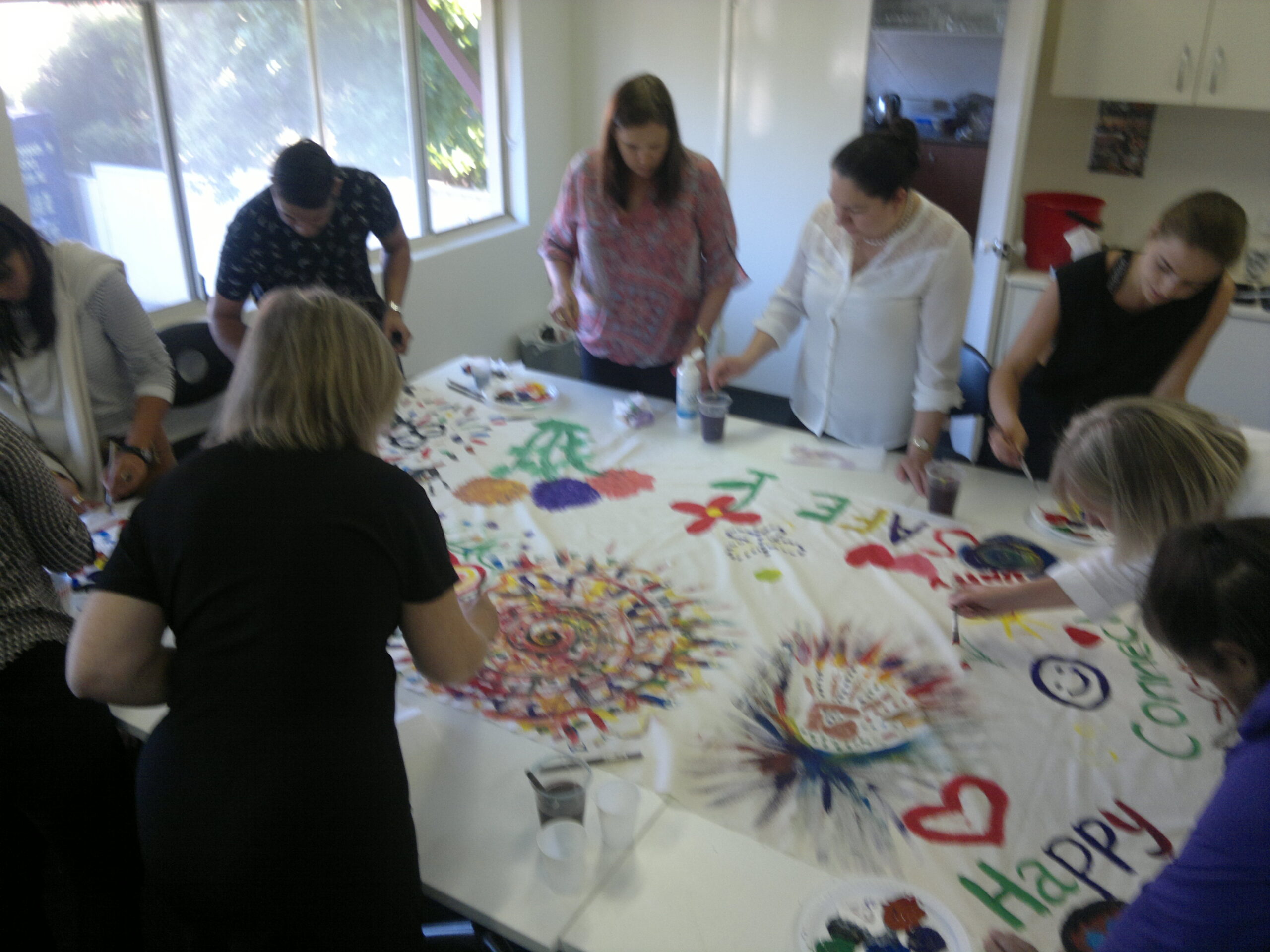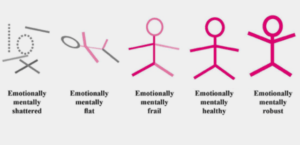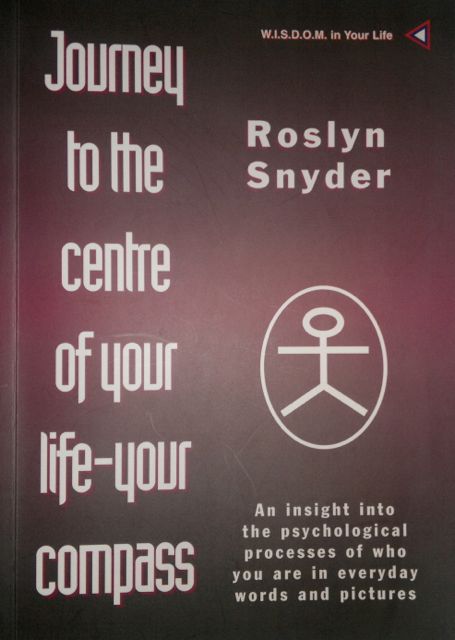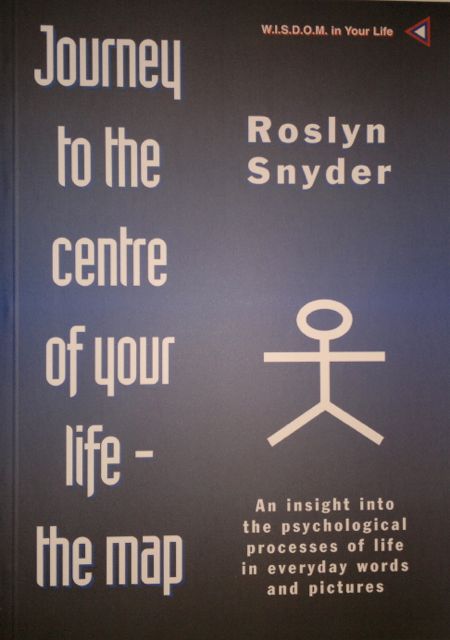I love psychology, when I was training every new piece of research thrilled me, every person I work with amazes me and the breadth and depth of psychology is all inspiring. Psychology is all about human systems, which we can apply to individuals, families, workplaces, social groups, community, the world and, also anything that humans interact with, machines (ergonomics), animals and the environment. But, I have become disillusioned with mainstream psychology because the training, assessment, treatment and psycho-education methods are all designed for the well educated with a high socioeconomic index. Yet the vast majority of people in our community are not in this group.
Twenty years ago the first family I saw had five children under the age of six. Both parents hadn’t attended school after age 11. They were both illiterate and I suspected the mother and father were depressed. As a psychologist, we are trained to do a thorough assessment, I chose a Beck depression Inventory and quickly realised that they wouldn’t be able to complete this.
This family is not unusual, research consistently finds that the median reading age in Australia is 11 years, this means that half of the population cannot understand the headlines in the newspaper. Yet psychology continues to use tests that require a reading age much older! So immediately psychology is failing half the population.
After talking with a supervisor, who suggested I read it out to them, I quickly realised this was also problematic. It takes on average about three years of studying psychology to become psychologically literate, that is develop the framework of psychology in the mind. The questionnaires that are developed and validated by psychologists require the person to be psychologically literate. This equally applies to psychologists who do not rely on questionnaires, some use a structured or semi-structured interview, but the framework of these questions is psychological. Imagine your car is running rough and you take it to a mechanic, and they ask are you having issues with your points, plugs or carburettor, you have no idea, and say points because you don’t want to look stupid, they change the points and there is no improvement. Most people do not have the insight to know what they need. This is all before we begin the treatment process.
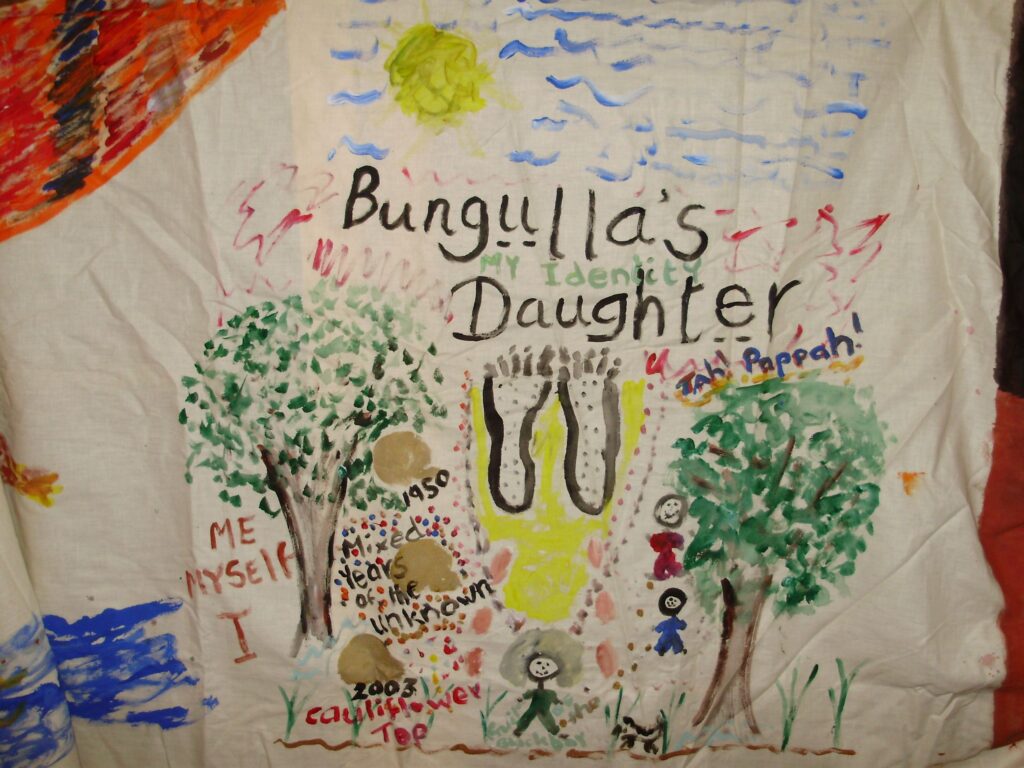
Hidden identity
Psychological literacy also affects the treatment. Over the years many people have told me that they didn’t go back for a second visit to a psychologist because they felt too intimidated. Psychology training focuses on empirical researched knowledge, this does not communicate well to the masses of people and can come across as condescending. Consider, these two explanations.
Strong stimulation of trigeminal nociceptors in the nasal mucosa evokes tickling and induces protective responses such as secretion of mucus, engorgement of intranasal erectile tissue and changes in respirations.
When you smell something strong your nose tingles, runs, and goes red, sometimes this can result in problems breathing.
The vast majority of people would not be able to understand the first explanation, yet nearly everyone could relate to the second explanation. This does not mean dumbing the knowledge down, just using language that your client understands. So working with an engineer, use piping analogies for neural pathways, a builder using foundations for belief structures, or a hairdresser the difference between a good hair cut and a poor one is like the differences between surviving or thriving in life. Psychologist need to work very hard to get alongside the masses of people who do not trust anyone who is well educated.
Which brings us to the final reason, the techniques used to educate or treat psychological conditions are generally language based, psychotherapy. Psychotherapy, assumes the person has words to describe their cognitive states. The language centres in our brains are relatively small compared to the rest of the brain, the brain works by making systems become automatic and unconscious. When you buy a new television and have to work out how to use the remote, at first you have to concentrate and think about what you are doing, then soon you automatically know what to do. People’s behaviour does not reside in their language centres.
A young girl asks her Mum, why do you cut the end off the Christmas Ham, Mum replies I don’t know, my Mum did it, lets go ask Grandma. Grandma replies ‘because I only had a small pan and the ham didn’t fit in it.
Now look at trans-generational trauma:
An Aboriginal girl dancing asks her Nan whether she danced as a kid. Her Nan says, with a smile, “we don’t look back, bub, we only look forward”. The young girl hears the words but absorbs her pain. Pain transforms to anger and at 13 she rages, is kicked out of school. Later she learns tmore of the Aboriginal history in Australia and realises her Nan was forbidden to dance. Her anger transforms to despair. She tries to kill herself multiple times.
Yet when she saw professionals, consciously, she repeats the words her Nan says, I just need to move forward, and repeatedly tells the therapist she is not suicidal and yet has several more suicide attempts as the pain she feels is not connected to words, no one has talked about the pain.
In much of psychology training, especially in Australia and the United States, cognitive therapies or talking therapies based on thinking is dominant. When I attended an International Congress on psychology in Berlin in 2008, I found out that throughout Europe much of the psychology training has a broader based with many different ways of working explored. When it comes to humans, one size does not fit all and if psychology is to continue to be relevant, it needs to broaden it’s ways of working with the masses of people who need our help.

